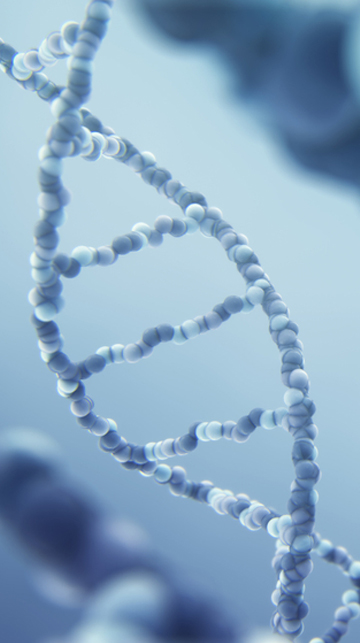Research continues into genetics and your heart health.
Some types of heart conditions can be passed on genetically. We all inherit genes from both our parents, so it is possible that any disorders can be passed down from one family member to another.
The heart conditions that can be inherited in this way include:
- Some types of cardiomyopathies (diseases of the heart muscle), such as hypertrophic cardiomyopathy, and
- Channelopathies (defects in cell proteins called ion channels), such as long QT syndrome and Brugada syndrome.
Some of these conditions can occasionally cause sudden death in people of all ages, including children.
These conditions are not the same as coronary heart disease, which causes heart attacks and angina.
If a person has been diagnosed with a condition that can be passed on through faulty genes – such as hypertrophic cardiomyopathy – it is important to consider whether other members of the person’s family (for example, their sister or brother, or their own children) could be at risk.
This is done in two main ways:
- The first is to look for signs of the condition in the person’s family members. If your sister has cardiomyopathy, your Cardiologist might arrange for you to have an electrocardiogram (ECG) and an echocardiogram to check for signs of the condition.
- If no signs of cardiomyopathy are found, DNA tests may be done to find out if you have certain genes that make it more likely that you may, one day, develop the same condition yourself.
Genetic testing involves a blood test. If those faulty genes are found, this is an early warning sign.
Carrying a faulty gene does not mean that you will develop the condition yet with regular assessment and guidance from your Cardiologist, you can be aware of the symptoms and steps that can be taken to maintain a healthy heart.
